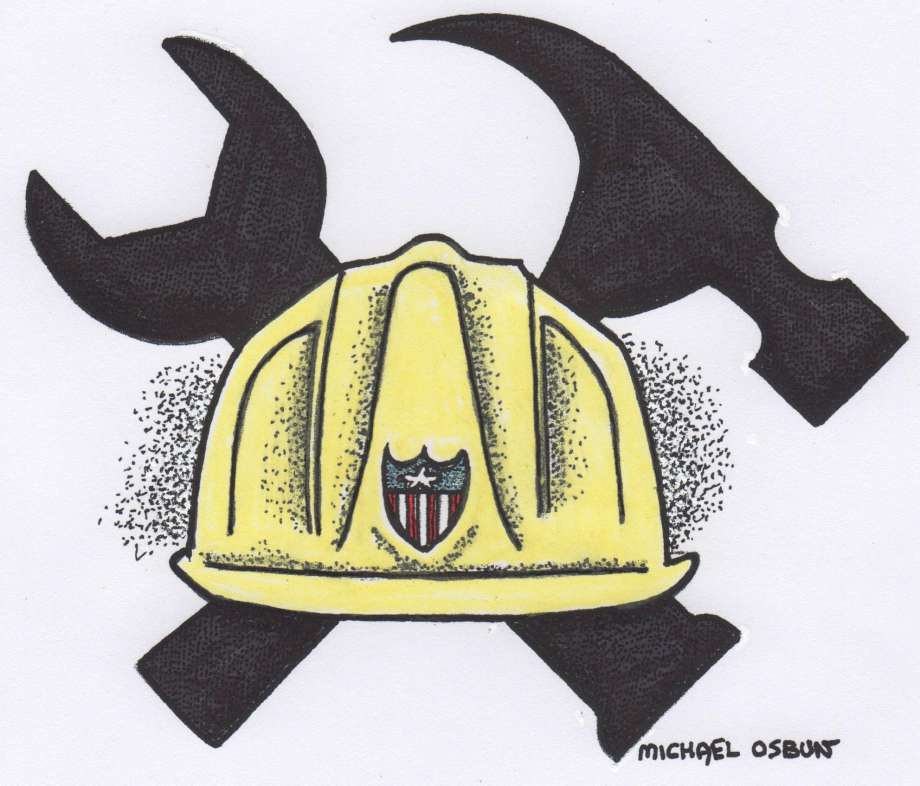
[Editor’s note: In the 2019 legislative session, a bill (House Bill 6935) virtually identical to the one discussed in this news report (House Bill 5270) passed the Labor and Public Employees committee but was not passed by the General Assembly. See Not All Workers Fooled by Union Schemes and Propaganda ]
HARTFORD – Public employee unions are seeking to expand recruitment opportunities while claiming membership has hardly declined since a U.S. Supreme Court ruling freed workers from having to pay for union representation.

Organized labor is backing a bill before the Labor and Public Employees Committee that proposes to increase the access state and municipal employee unions have to new hires and their personal information.
The legislation is a response to the U.S. Supreme Court’s 2018 ruling in Janus v. AFSCME that overturned a 41-year-old precedent that had allowed states to require that government workers who decline union membership to pay some union fees.
A coming wave of retirements is also giving state employee unions reason to want to guarantee wider access to new hires.
Some 15,000 state workers are eligible to retire before costly pension changes concerning cost-of-living adjustments and health care contributions take effect on July 1, 2022. This is one-quarter of today’s state workforce. The Lamont administration is only expecting 5,000 to 10,000 retirements, though.
Approximately 46,000 state employees had union dues deducted from their paychecks for the most recent pay period, according to the Office of the State Comptroller. This was two-thirds of all employees.
THE PROVISIONS of House Bill 5270 would entitle public employee unions to the name, job title, department, work location, work telephone number and, subject to confidentiality exemptions, the home address of any newly hired employee.
Starting in 2021, a public employer would also be required to provide unions this personal information for all members of a bargaining unit at least four times a year unless an employee opts out in writing.
The legislation would guarantee union representatives access to new employee orientations. The structure, time and manner would be a subject of collective bargaining and binding arbitration.
Also, union representatives would have the right to meet with newly hired employees within the bargaining unit for up to two hours within the first 30 days after the date of hire. There would be no charge to the pay or leave time of the employees.
PUBLIC EMPLOYEE UNIONS would be allowed to use state and municipal workplaces for meetings with individual employees and union members.
Union representatives and employees would be permitted to meet on the employer’s premises during the workday to discuss workplace-related complaints and issues. Unions would also be able to conduct worksite meetings during breaks and before and after the workday.
Under the bill, union officials would have use of a public employer’s electronic mail system to communicate with union members regarding collective bargaining, contract administration, workplace-related complaints and issues, and internal union business.
The legislation would also make it a prohibited labor practice for a public employer to encourage employees to resign or decline union membership, or to revoke authorized deductions for union dues.
The bill would allow unions to authorize payroll deductions for dues and other purposes if the union certifies that it has an employee’s written authorization. Unions would not be required to provide a copy of those documents to a public employer unless a dispute arises about the existence or terms of an employee’s authorization.
Towns and cities are opposing House Bill 5270 because local officials say the legislation would impose a new unfunded mandate, establish burdensome administrative and reporting requirements, and potentially create a source of friction between management and labor.
The conservative Yankee Institute for Public Policy is casting the labor committee bill as an attempt to roll back the Janus decision. The think tank that is often at odds with organized labor says the legislature should instead codify the Supreme Court ruling in state law.
The Connecticut Public Employer Labor Relations Association is calling the proposed changes unnecessary and an overreaction to the current labor situation in towns and cities.
The Connecticut AFL-CIO, AFSCME Council 4, and the SEIU Connecticut State Council are supporting the proposed changes along with other labor organizations. Senate President Martin M. Looney, D-New Haven, also testified for the legislation .
The labor committee has not yet scheduled a vote on House Bill 5270. Its deadline for reporting bills out of committee is March 24.
PUBLIC EMPLOYEE UNIONS are maintaining that union membership has held steady since the Janus decision was released nearly two years ago.
The number of employees on the state payroll varies from pay period to pay period due to a number of factors. For example, some teaching positions are paid on a 10-month schedule and others on a 12-month schedule.
For the Feb. 28 pay period, the state comptroller’s office reported approximately 46,000 dues payers out of 69,195 total employees, including full- and part-time workers, students, temporary workers, and seasonal help. That works out to 66% of all workers for that pay period.
In contrast, there were approximately 39,650 union members paying dues and 5,490 other works paying representation fees for the pay period preceding the release of the Janus decision in June 2018.
The comptroller’s office also provided figures for the Aug. 3 pay period for 2017, 2018 and 2019.
There were approximately 42,279 dues payers out of 56,862 total employees in 2019, compared to 41,100 out of 57,130 employees in 2018 and 38,000 out of 57,550 employees in 2017.
![]()

